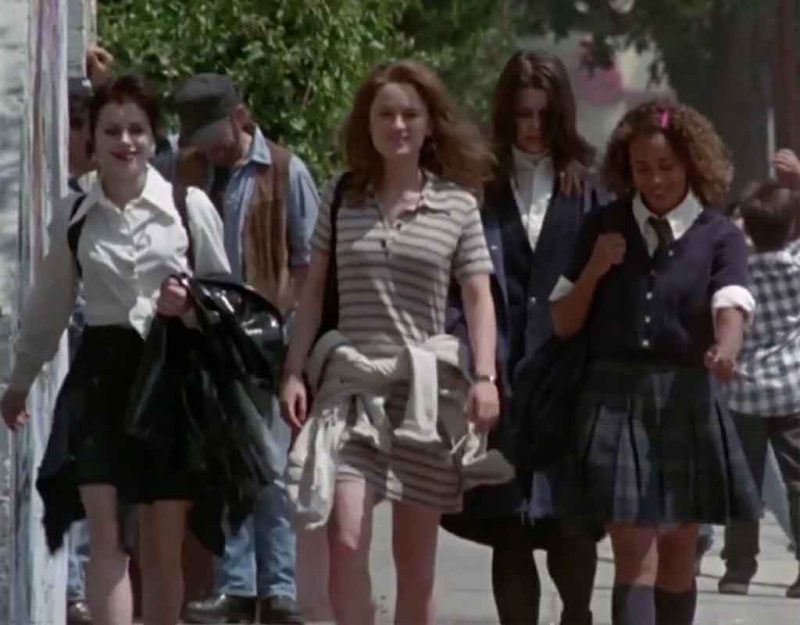Dawn of an Intellectual Reckoning and Maybe, Awakening
Our contemporary era tells us that Western civilization as seen in the neoliberal context grew after WW2, picked up momentum after the Berlin wall fell, went into a maintenance phase after 2008, then finally has been in decline since 2012.
The characteristics of the growth–maintenance-decline curve appear to be roughly similar to those observed in previous civilizations. For that reason most observers thought that some invader would come, burn everything to the ground, resulting in a fresh start. The expectation was that the decline will take much longer than the initial growth phase, but Trump may have spiced those comfortable curve-watchers up a little.
For one thing the Dark Organization pervasive in Western society suddenly rebooted itself with the youthful (CFR- and WEF-inspired) idea of a world-wide “Great Reset” by building back better all those bad borders and burning cities to accommodate covid-passport migrants.
This re-boot was/is opposed by otherwise sane intellectuals deftly pointing out inconsistencies in these neoliberal policies. They describe how globalist/communistic the CFR has become, how the Conservative Inc. must get out of the way and how the middle—class is being destroyed, but there is no intellectual awakening confronting that first damning awakening still haunting the world:
This chapter shows how the very youthful Engels drifted away from his family’s strictly religious beliefs and practices and began to associate himself subversively with revolutionary transformations in culture and society. It outlines the disjunction between Biblical teachings and classical languages and literatures, both of which he experienced at school. Using family correspondence it reveals the young Engels’s excitement at moving to the seaport of Bremen, to work in the family business. It explains what radicalism meant in political and intellectual terms in that milieu. Engels’s encounter with sceptical rationalism and critiques of Christianity prompted his forays into unusual literary genres and ‘free thinking’ ideas. His revolutionary romanticism was firmly linked to popular sovereignty and the explosive French revolutions of 1789 and 1830.
The modern example of intellectually confronting the neoliberal drive without the prerequisite intellectual alternative is the Afrikaner attempt to survive within the neoliberal dispensation. Their valiant attempt to be identified by our neoliberal Masters such as the CFR and WEF as a minority, attracted attention, but for the most part was/is disappeared within the dominant big data world we live in. This should be a warning to Western peoples, not a comfort.
On the one hand the reality is that our freedom will never be reinstated in the next hundred years, meaning we will have to live with that using new habits like the Afrikaner in South Africa is doing right now. The Afrikaner therefore did not develop a new intellectuality, they developed different habits to survive within the Neoliberal dispensation. Other examples of this abound of course.
On the other hand, furious attempts should be made towards developing a new, different, intellectual awakening that will haunt communists three centuries from now, intending to start a new civilization because the idea cannot be killed.
A warning however, is that one should not try to reverse Engels’ ideas because I do not think his family business lasted long after he started working there. The fact is his family business would not have lasted long afterwards anyway.
We know the failures of the Middle Ages, the Renaissance, the French Revolution, the Industrial age, and the Liberal mind, maybe it is time to learn lessons from the Generation gap too, especially in Engels’ case. If that can be smoothed out, we may have a new beginning.
Tags: great reset, neoliberalism










